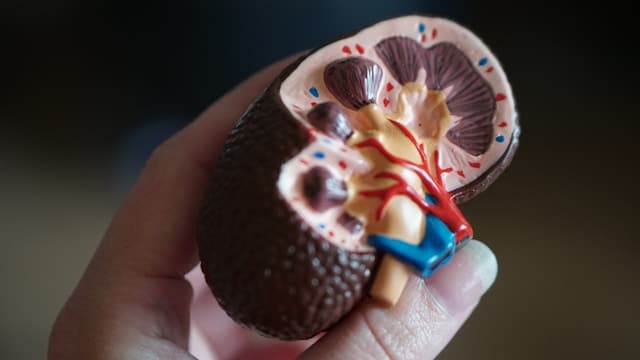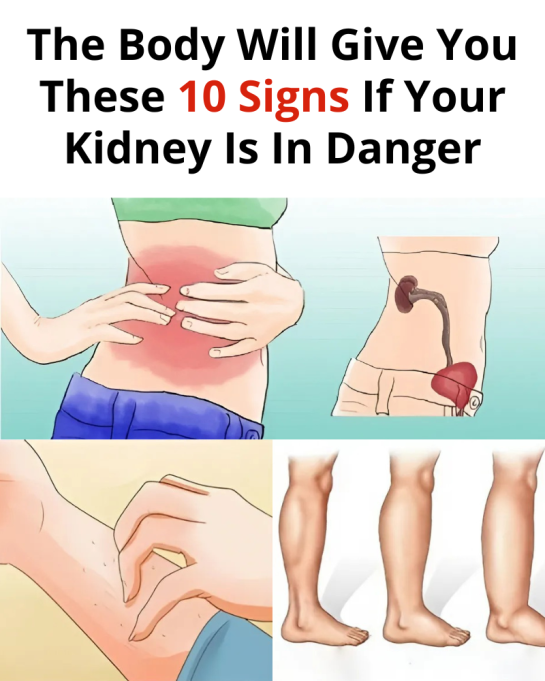Be aware of these 10 early signs of kidney disease so you can act quickly and avoid more serious health problems down the line.
Kidney disease affects millions of people around the world, yet it often goes undetected until it reaches an advanced stage. Since the kidneys are responsible for filtering waste, balancing fluids, and several other key functions, spotting symptoms early is essential to prevent serious complications. Here’s what to look for so you can seek timely medical advice.
The kidneys, located beneath the ribcage, filter blood, eliminate waste, help manage blood pressure, support red blood cell production, and regulate electrolyte levels. Healthy kidneys filter between 120 to 150 quarts of blood per day and generate about 1 to 2 quarts of urine.
Kidney disease happens when the kidneys are damaged and lose their ability to function effectively. Common causes include high blood pressure, diabetes, infections, and hereditary conditions. Left unchecked, it can progress to kidney failure, requiring dialysis or even a transplant.

10 Signs Your Kidneys Might Be in Trouble
1. Changes in Urine Habits
Needing to urinate more or less than usual, or noticing foamy or bubbly urine, can signal kidney dysfunction.
2. Constant Fatigue
Feeling unusually tired or weak may result from low red blood cell levels, a common issue with kidney disease.
3. Swelling in the Body
Fluid retention, or edema, can cause puffiness in the feet, legs, hands, face, or stomach area.
4. Ongoing Back Pain
Pain near the lower back or below the ribs—especially when linked to UTIs—may point to kidney problems.
5. Appetite Loss or Sudden Weight Drop
A buildup of waste in the system can suppress appetite and lead to unintentional weight loss.

